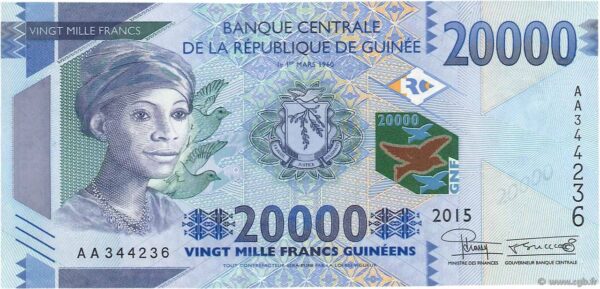By Pr Amath Ndiaye – FASEG-UCAD
The liquidity crisis currently shaking Guinean banks acts as a brutal revealer of the fragilities of the national financial system. Due to insufficient deposits, institutions struggle to meet withdrawals, leading to plummeting profitability and a risk of closure for many cash registers, including those of electronic money operators. This new turbulence highlights the chronic vulnerability of the Guinean franc, undermined by inflationary pressures and recurrent banking imbalances.
A few hundred kilometers away, the example of Guinea-Bissau illustrates a diametrically opposed choice. In 1997, faced with repeated monetary crises, Bissau decided to join the West African Economic and Monetary Union (UEMOA) and adopt the CFA franc. The bet paid off: return of monetary stability, controlled inflation, increased financial and commercial integration. Since then, the country benefits from the institutional anchoring of the BCEAO and the pegging of the CFA franc to the euro, as safeguards against monetary shocks. The contrast is striking: while Conakry is experiencing cyclical crises, Bissau enjoys relative monetary serenity.
Joining the CFA franc would represent a strategic break for Guinea. The potential benefits are obvious: increased stability, an end to chronic liquidity crises, a harmonized regulatory framework within the UEMOA, and above all, strengthened monetary credibility, likely to attract more foreign investments. More broadly, such a choice would help accelerate the regional monetary integration project by bringing the ECOWAS countries closer to the goal of a single currency, the ECO. But it would also require a relinquishment of monetary sovereignty, with all the political implications it entails.
In essence, the question goes beyond the simple management of a temporary banking crisis: it involves the monetary, economic, and geopolitical future of Guinea. Should one hold on to a weakened Guinean franc or join a monetary zone offering stability and discipline, at the cost of some sovereignty? This is the dilemma that Conakry is now facing.


